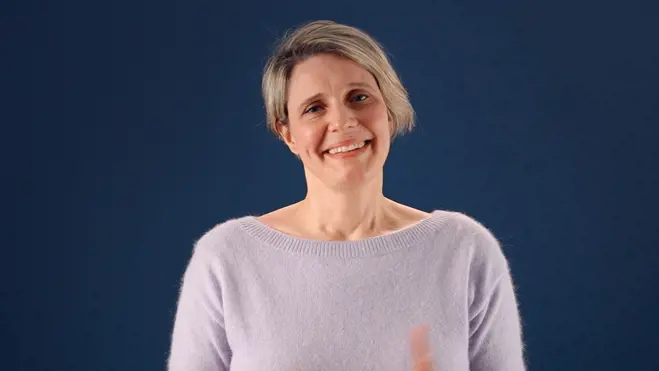How to become a solo mum by choice
The road to starting a family can begin in many ways. No matter where you are in life, choosing to have a baby on your own is empowering. On this page, you can find useful information if you are considering becoming a solo mum.
Your 4-step journey to solo motherhood
Is this right for me?
The stories of other solo mums and research resources such as our free webinars can help you decide whether solo motherhood is right for you.
Choose the right donor
Before you decide on a treatment, you can look for donors to match your unique preferences.
Find a clinic
After choosing your donor, it's time to find a clinic depending on your preferences and situation. The next step is to book a free consultation with one of our seasoned advisors.
Planning for life as a new family
We're committed to helping you navigate your legal, financial and emotional situation as your new family grows.
Create a free account to start your journey
Whether you are ready to find your donor or still considering your options, creating a free account is a great and commitment-free way to begin your journey.
- Free access to our donor profiles with detailed information such as physical characteristics, personality traits and educational background.
- Personalised advice based on your unique preferences and situation.
- Easy access to our tools helps you find the right donor and clinic.
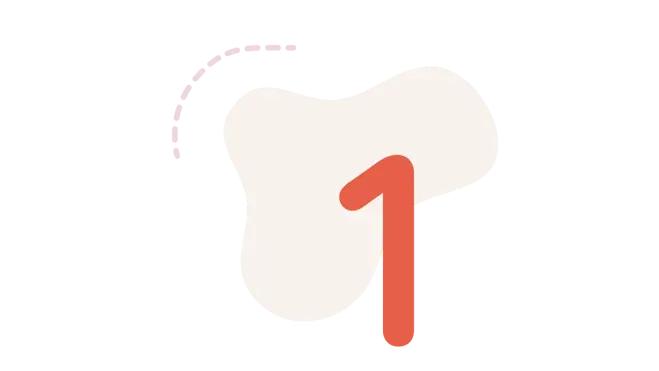
Is this right for me?
If you are considering solo motherhood, you are not alone—we have helped more than 9,000 solo mums over the years. As you reflect on whether solo motherhood is right for you and research your options, including sperm banks and fertility clinics, you might also benefit from exploring the stories of other solo mums.
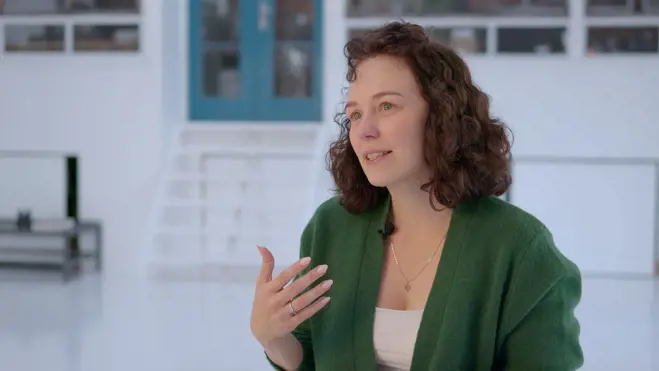
Solo motherhood as a conscious choice
For Clara, single motherhood was the right path to take. She had always wanted to become a mother, but life after divorce led her to reconsider how. Clara wanted to keep her independence while fulfilling her dream of becoming a mother. That's when she decided that sperm donation was the right choice for her.
I am so grateful! Grateful that I had the opportunity to get pregnant. As a single woman, without a husband and with donor sperm and with the help of a fertility clinic and European Sperm Bank. My heart is bursting with love and gratitude. The path was not easy. But exactly the right one and ours.
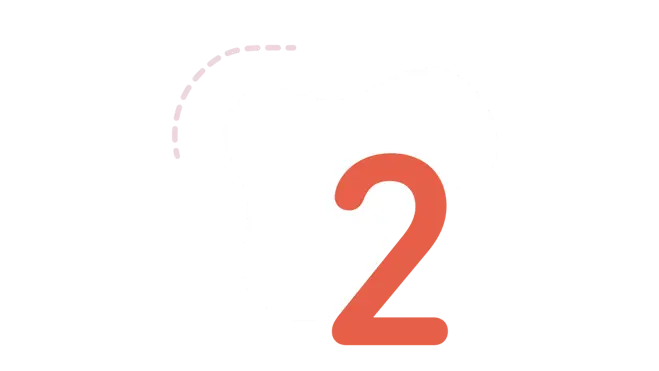
Choose the right donor
Before you decide on a treatment, you can look for donors to match your preferences, whether based on physical traits, personality or other characteristics. Exploring possible donor matches can even help make the process and your future life as a mother feel more tangible.
How do you choose the right donor?
Our donor profiles contain a lot of information, from the donor’s appearance, personality, education, baby photos and much more. We recommend that you decide on 2-3 characteristics that matter the most to you to ease your choice.
Choosing a sperm bank vs. grey market
When considering sperm donation, you're likely to come across two main options: regulated sperm banks and the less formal grey market where you for instance find a person yourself in an online forum who is willing to donate. Here’s what you can expect when choosing a sperm bank:
- The role of the donor is clear: it’s a donation, not a relation. The donor has no obligations nor parental rights.
- Our seasoned advisors offer support and personal guidance.
- There is a regulated process for ID release donors.
- Access to extensive donor profiles.
- Thorough donor screening process.
If you are looking for someone to have a relationship with your child, a co-parenting arrangement may be more appropriate than sperm donation. Sperm donation is about creating your family on your terms, with you as the sole parent from the outset.
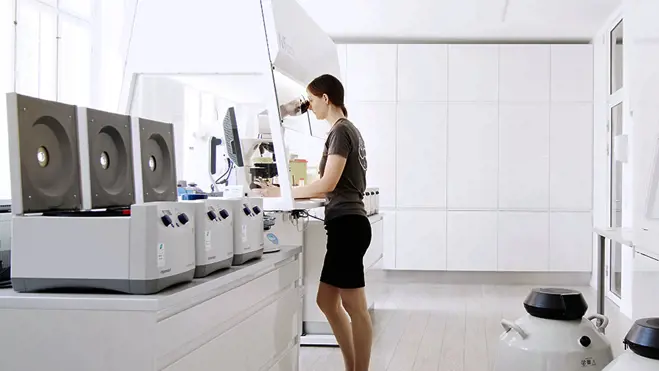
How we ensure donor quality
Our sperm donors are thoroughly screened - becoming a sperm donor at European Sperm Bank can take 3 to 6 months, and only 5-7% of applicants are approved to become donors. Among other things, our Medical Team ensures that:
- Our donors have the highest sperm quality.
- We have reviewed the donor’s family medical history.
- Our donors are healthy and regularly tested for infectious diseases.
- We screen all our donors for the most common and serious hereditary diseases.
The donor choice was perhaps the most difficult part of my entire process. At an advanced stage with a known donor, I noticed that this was not the right path for me. I found the right donor for me through European Sperm Bank.
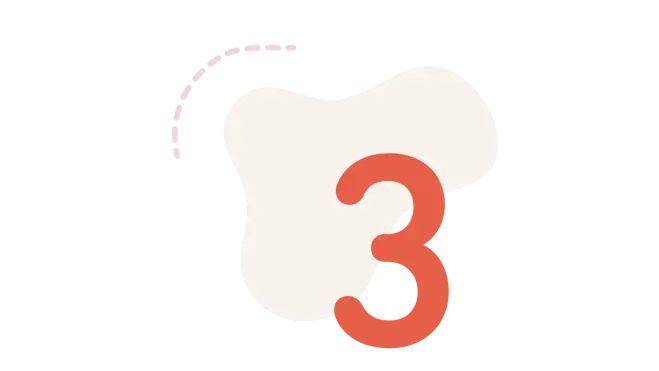
Find a clinic
The next step is to book a free consultation to find the right clinic for you, depending on your preferences and situation.
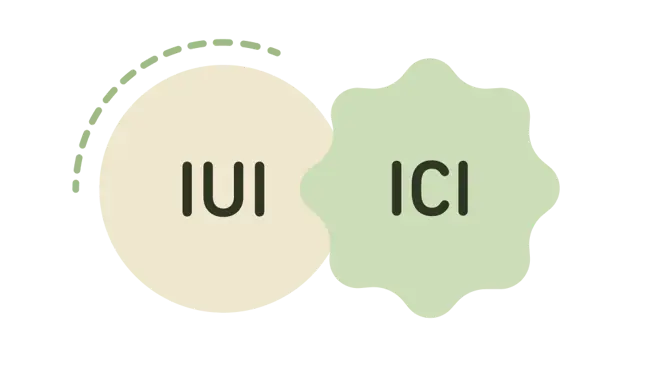
Which type of fertility treatment should you choose?
Before you start the process, it may be a good idea to check your fertility so that you know what kind of treatment you need. Talk to your GP, who can guide you through a fertility check.
If you have no fertility issues, you will likely be advised to try insemination (IUI or ICI). If there are factors affecting your fertility, IVF may be the recommendation.
ICI - Intracervical Insemination
The ICI method places donor sperm near or directly in the cervix using a syringe. This method differs from IUI by requiring sperm to travel further to reach the egg. Sometimes, fertility medication is used to induce ovulation, enhancing the chances of successful insemination.
IUI - Intrauterine Insemination
The IUI method involves directly inserting sperm into the uterus around the time of ovulation. Fertility medication may be used to induce ovulation, increasing the likelihood of conception.
IVF - In Vitro Fertilisation
With IVF treatment, hormone stimulation is used to mature several eggs so that they can be retrieved. Once the eggs are retrieved, they are placed in a laboratory dish with the donor sperm to be fertilised. One of the embryos is then transferred back into the womb, while the others are frozen for future use.
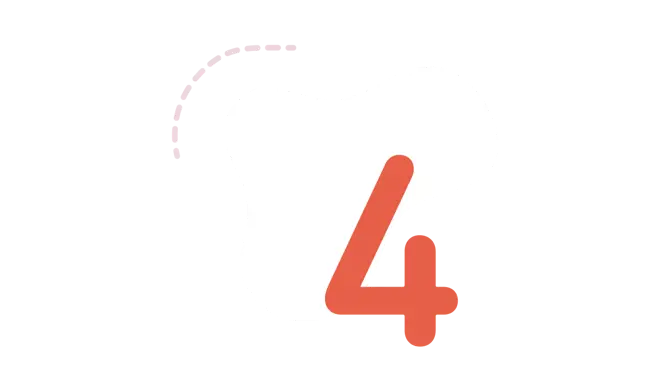
Planning life as a new family
Solo motherhood is so much more than practical steps. We're committed to helping you navigate your legal situation, build a strong support network throughout your journey and continue to support you after having your child and becoming a donor-conceived family.

Your legal rights as a solo mum
When you choose to have a child with donor sperm you secure that you and you alone have parental right for your child. The donor has no obligation or legal right to your child.
Legislation regarding treatment with donor sperm
While it is possible to receive fertility treatment as a single woman in many countries, the laws and access to treatment can vary. If you already know that you can’t receive treatment in your country, you can consider clinics in another country.
What are the costs when choosing sperm donation?
No fertility journeys are identical, so it can be difficult to get a complete picture of the financial implications of becoming a solo mum. It's helpful to consider the total costs before undergoing treatment. These include:
- Consultation fees with fertility clinics.
- Costs associated with sperm donation, which can vary depending on whether you choose a donor with ID release or no ID release, or additional services.
- Fertility treatments, such as IVF (In Vitro Fertilisation), IUI (Intrauterine Insemination) or ICI (Intracervical insemination), which can also vary.

Building your support system
One of the most important steps you can take to ensure a positive and fulfilling experience is building a strong support system. Below, you will find a few things to consider:
- Opening up to family and friends: Be honest and open about your decision to become a solo mum using sperm donation. Begin with those closest to you.
- Align expectations: Ask people how involved they want to be in your child’s life, and make sure to express your wishes.
- Finding local community: Look for local support communities for solo parents going through the process of sperm donation.
- Online forums and social media: Websites, forums, and social media groups can connect you with a global community where you can share experiences.
How to continue your journey
Starting a family through sperm donation opens a world of possibilities. Here's how you can take the next steps towards making your dream of motherhood a reality.
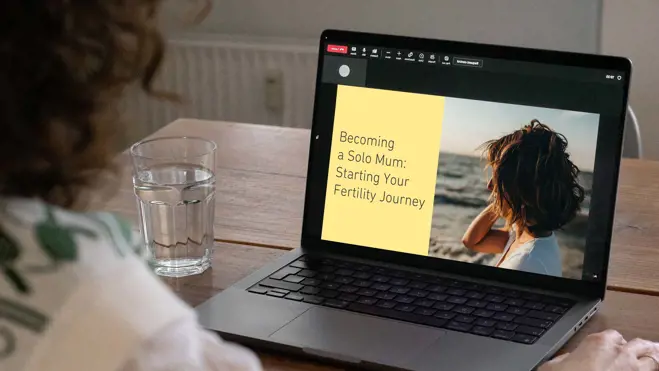
Get Started
Considering solo motherhood?
Join our free webinar and get clarity and support on how to start your fertility journey with sperm donation as a Solo Mum. Learn about donor options, treatment types, legal aspects, and emotional and community support access.
Get full access to donor profiles
When you create a free account, you'll gain access to our donor profiles, with detailed information such as physical characteristics, personality traits, and educational background.

